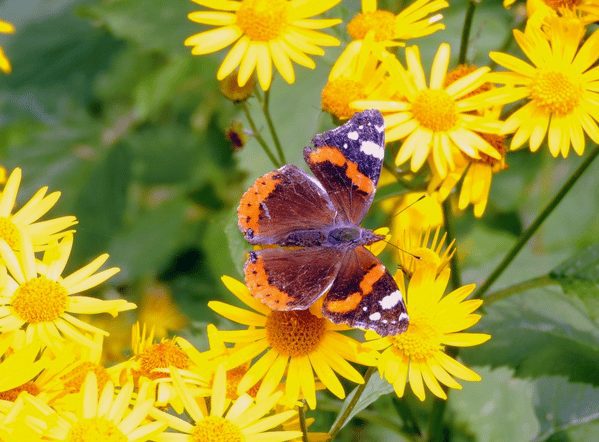Source: The Conversation, 8 September 2020, photo credit: Lynxee Consulting
Rapid loss of species like these Spix’s macaws, considered extinct in the wild, may represent the sixth mass extinction in Earth’s history.
Humans are dismantling and disrupting natural ecosystems around the globe and changing Earth’s climate. Over the past 50 years, actions like farming, logging, hunting, development and global commerce have caused record losses of species on land and at sea. Animals, birds and reptiles are disappearing tens to hundreds of times faster than the natural rate of extinction over the past 10 million years.
Now the world is also contending with a global pandemic. In geographically remote regions such as the Brazilian Amazon, COVID-19 is devastating Indigenous populations, with tragic consequences for both Indigenous peoples and the lands they steward.
My research focuses on ecosystems and climate change from regional to global scales. In 2019, I worked with conservation biologist and strategist Eric Dinerstein and 17 colleagues to develop a road map for simultaneously averting a sixth mass extinction and reducing climate change by protecting half of Earth’s terrestrial, freshwater and marine realms by 2030. We called this plan “A Global Deal for Nature.”
Now we’ve released a follow-on called the “Global Safety Net” that identifies the exact regions on land that must be protected to achieve its goals. Our aim is for nations to pair it with the Paris Climate Agreement and use it as a dynamic tool to assess progress towards our comprehensive conservation targets.
Read more
The South African Pork Producers’ Organisation (SAPPO) coordinates industry interventions and collaboratively manages risks in the value chain to enable the sustainability and profitability of pork producers in South Africa.
















